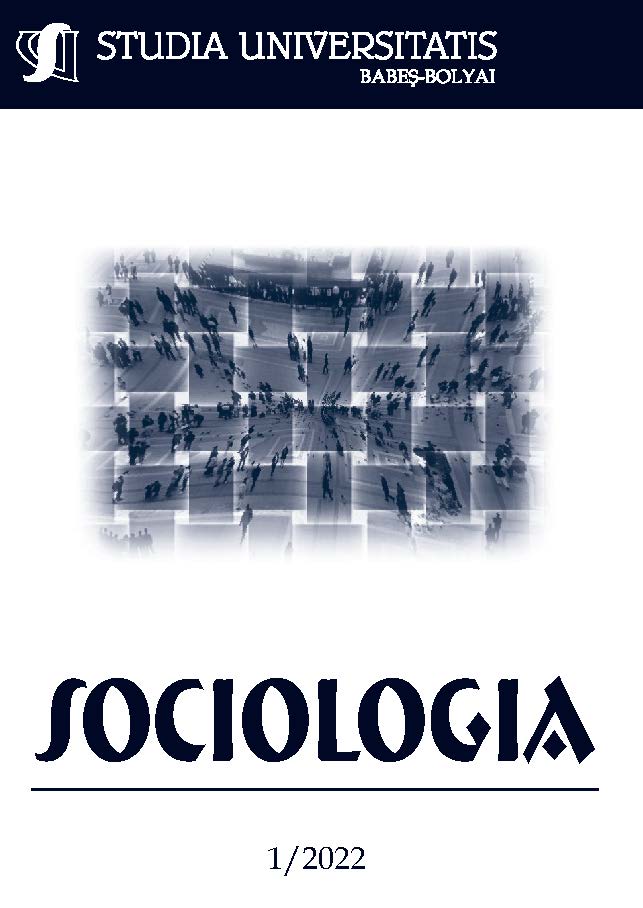AFFORDABILITY CRISIS AND GENTRIFICATION IN FDI EXPORT-LED ECONOMIES: PRICES IN THE DEMAND-DRIVEN HOUSING MARKET OF CLUJ-NAPOCA
AFFORDABILITY CRISIS AND GENTRIFICATION IN FDI EXPORT-LED ECONOMIES: PRICES IN THE DEMAND-DRIVEN HOUSING MARKET OF CLUJ-NAPOCA
Author(s): Norbert Petrovici, Vlad Bejinariu, Diana Marțiș, Vlad AluașSubject(s): Social development, Social Theory, Rural and urban sociology, Economic development, Globalization, Socio-Economic Research
Published by: Studia Universitatis Babes-Bolyai
Keywords: housing demand; housing affordability; growth regimes; knowledge-intensive services; KIS employees;
Summary/Abstract: This paper examines the rapid increase of prices in the residential sector of Cluj-Napoca in the context of the housing affordability crisis (Wetzstein, 2017). By using insight from the Growth Regimes literature, we look at the internal demand as a main driver of rapid price rise. As Kohl and Spielau (2018) argue, the monetary conditions needed for export-led growth regimes are restricting the outputs of the construction sector, creating under-supplied, demand-driven housing markets. We propose three alternative hypotheses regarding the major agent driving the prices within the city as major source of demand: the employees in knowledge-intensive services, the diffuse regional savings of employees in search for some yields, the specialized real estate investors. We use OLS and spatial regression (lag and error) to model the price per square meter using the social composition of the neighbourhoods, the within and out-of-town origin of investors, and the source of money (bank loans vs. cash payment) to demonstrate that the existing crisis is driven by the middle class’s savings that also benefits from gentrification, while speculative investments in the housing markets are rather limited.
Journal: Studia Universitatis Babes-Bolyai - Sociologia
- Issue Year: 67/2022
- Issue No: 1
- Page Range: 5-36
- Page Count: 32
- Language: English

